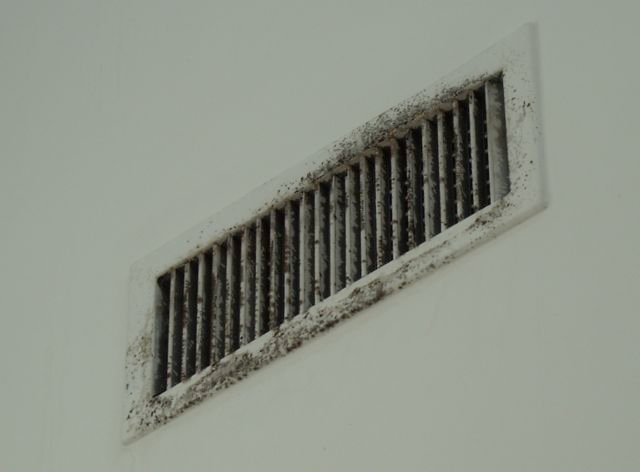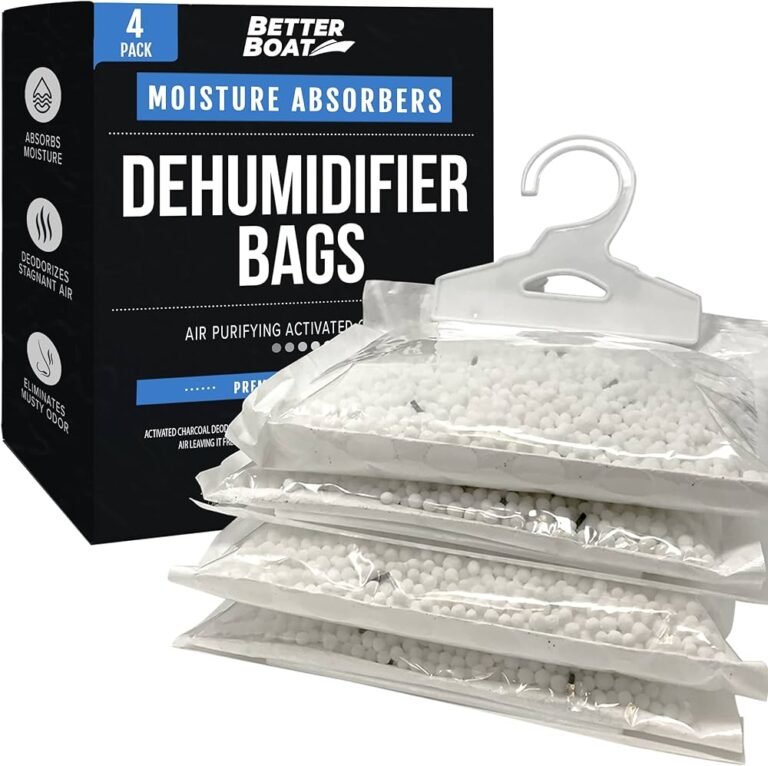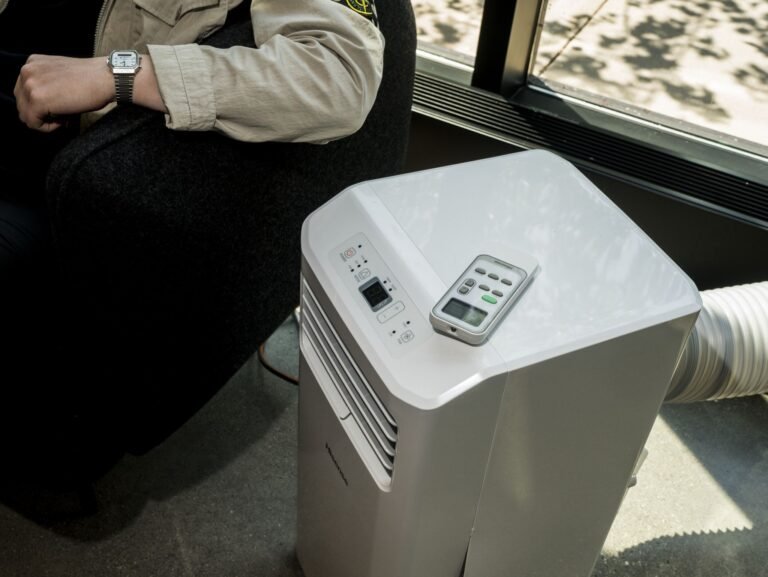Why Do My AC Vents Sweat: Causes and Solutions
If your AC vents are sweating, it is because the temperature of the cold surface (the vent) is below the dew point of the water vapor in the nearby air. This causes condensation to occur.
Understanding Ac Vent Sweating
AC vent sweating occurs when the cool air inside the ducts comes into contact with the warm air outside. This temperature difference causes moisture in the air to condense on the surface of the vents, resulting in water droplets forming on them. It is a common phenomenon in humid climates or when there is a significant difference between indoor and outdoor temperatures.
AC vent sweating can have an impact on the cooling efficiency of your AC system. When the vents are covered in moisture, it restricts the airflow, making it harder for the cool air to reach the various rooms in your home. This can lead to uneven cooling and increased energy consumption as the system works harder to compensate for the restricted airflow.
To prevent AC vent sweating, it is important to properly insulate the ductwork and ensure there is adequate ventilation in your home. Additionally, regular maintenance and cleaning of your AC system can help to improve its performance and reduce the likelihood of vent sweating.

Credit: airconceptsllc.com
Causes Of Ac Vent Sweating
AC vent sweating can be caused by several factors. One of the most common causes is high humidity levels in the air. When the air in your home is highly humid, the moisture can condense on the cool surface of the AC vent, leading to sweating. Poor insulation or air sealing can also contribute to AC vent sweating. If your home lacks proper insulation or has air leaks, it can create temperature differentials between the room and the AC vent, causing condensation. Inadequate ventilation and airflow can also play a role in AC vent sweating. When the airflow is restricted, it can lead to moisture buildup and eventual sweating. Temperature differentials between the room and AC vent can also cause condensation. If the room temperature is significantly different from the cool air coming out of the AC vent, it can result in sweating.
Solutions To Prevent Ac Vent Sweating
Solutions to Prevent AC Vent Sweating:
- Maintain proper humidity levels in the room. High humidity can lead to condensation on the AC vents. Use a dehumidifier if necessary.
- Ensure proper insulation and air sealing. Insulate the ductwork and vents to prevent temperature differentials that cause sweating.
- Improve ventilation and airflow. Make sure there is adequate airflow in the room to prevent humidity buildup. Open windows or use fans as needed.
- Address temperature differentials between the room and AC vent. Adjust the thermostat settings to minimize temperature fluctuations.
- Clean and maintain the AC system regularly. Dirt and debris can obstruct airflow and contribute to vent sweating.
- Consider upgrading your AC unit if necessary. An undersized or outdated unit may not be able to handle the cooling demands of the space, leading to sweating vents.
By following these solutions, you can effectively prevent AC vent sweating and maintain a comfortable and efficient cooling system in your home.
How To Stop Ac Vent Sweating
To prevent AC vent sweating, it is important to clean and maintain AC ducts regularly. This helps to ensure proper airflow and reduce moisture buildup. Adding insulation to metal ducts can also help prevent sweating by reducing temperature differences between the ducts and the surrounding environment. Another effective solution is to install a vapor barrier in the crawlspace, which helps to prevent moisture from entering the ducts. Additionally, upgrading attic insulation can help maintain consistent temperature levels, reducing the likelihood of condensation. Lastly, adding attic vents improves airflow and reduces humidity levels, further preventing AC vent sweating.
Preventing Register Sweating
One common issue that people often face with their AC vents is sweating. This occurs when the cold air from the vents comes into contact with warm and humid air in the room, causing condensation to form on the vents. To prevent register sweating, there are a few steps you can take.
Insulate the inside of the register can to prevent condensation: By adding insulation to the inside of the register can, you can help to keep the metal from getting too cold and prevent condensation from forming.
Maintain a consistent temperature in the room: Keeping the room at a consistent temperature can help to reduce the temperature differential between the cold air from the vents and the warm air in the room, minimizing the chances of condensation.
Clean and maintain registers regularly: Dust and debris can accumulate in the registers, obstructing airflow and contributing to condensation. Regular cleaning and maintenance can help to prevent this.
Consider using dehumidifiers in the room: If the room has high humidity levels, using dehumidifiers can help to reduce moisture in the air, decreasing the likelihood of condensation on the vents.
Frequently Asked Questions For Why Do My Ac Vents Sweat
How Do I Stop Condensation On My Ac Vents?
To stop condensation on your AC vents, follow these steps: 1) Keep your ducts clean to improve indoor air quality. 2) Insulate metal ducts to prevent sweating. 3) Install a vapor barrier in your crawlspace. 4) Upgrade your attic insulation.
5) Add attic vents to improve airflow.
How Do I Stop My Registers From Sweating?
To stop your registers from sweating, follow these steps: 1. Properly maintain ducts to reduce sweaty ducts and improve indoor air quality. 2. Insulate metal ducts to prevent condensation. 3. Install a vapor barrier in your crawlspace. 4. Upgrade your attic insulation.
5. Add attic vents. By following these guidelines, you can prevent condensation on your AC vents and registers.
Why Is My Car Ac Vent Sweating?
When your car AC vent is sweating, it means that there is moisture in the air that has condensed on the cold surface of the vent. This is a normal occurrence and not a cause for concern.
Why Are My Ac Vents Sweating?
Condensation on AC vents can occur due to temperature differences between the cold air inside the vents and the warmer air outside.
What Causes Condensation On Ac Vents?
Condensation forms on AC vents when warm, moist air comes into contact with the colder surface of the vents, causing the moisture in the air to condense.
How Do I Prevent Condensation On My Ac Vents?
To prevent condensation on AC vents, you can properly maintain your ductwork, add insulation to metal ducts, install a vapor barrier in your crawlspace, upgrade your attic insulation, and add attic vents.
Can Condensation On Ac Vents Affect Air Quality?
Yes, excessive condensation on AC vents can lead to mold and mildew growth, which can negatively affect indoor air quality. It is important to address the issue promptly.
Why Are My Registers Sweating?
Registers can sweat due to the same reasons as AC vents – temperature differences between the inside and outside air. Insulating the inside of the registers can help prevent sweating.
Conclusion
To prevent condensation on your AC vents, there are a few steps you can take. First, keep your ducts clean to improve indoor air quality. Additionally, insulate metal ducts to prevent sweating. Installing a vapor barrier in your crawlspace and upgrading attic insulation can also help.
Don’t forget to add attic vents for better airflow. By following these suggestions, you can reduce condensation and ensure your AC system runs smoothly.





